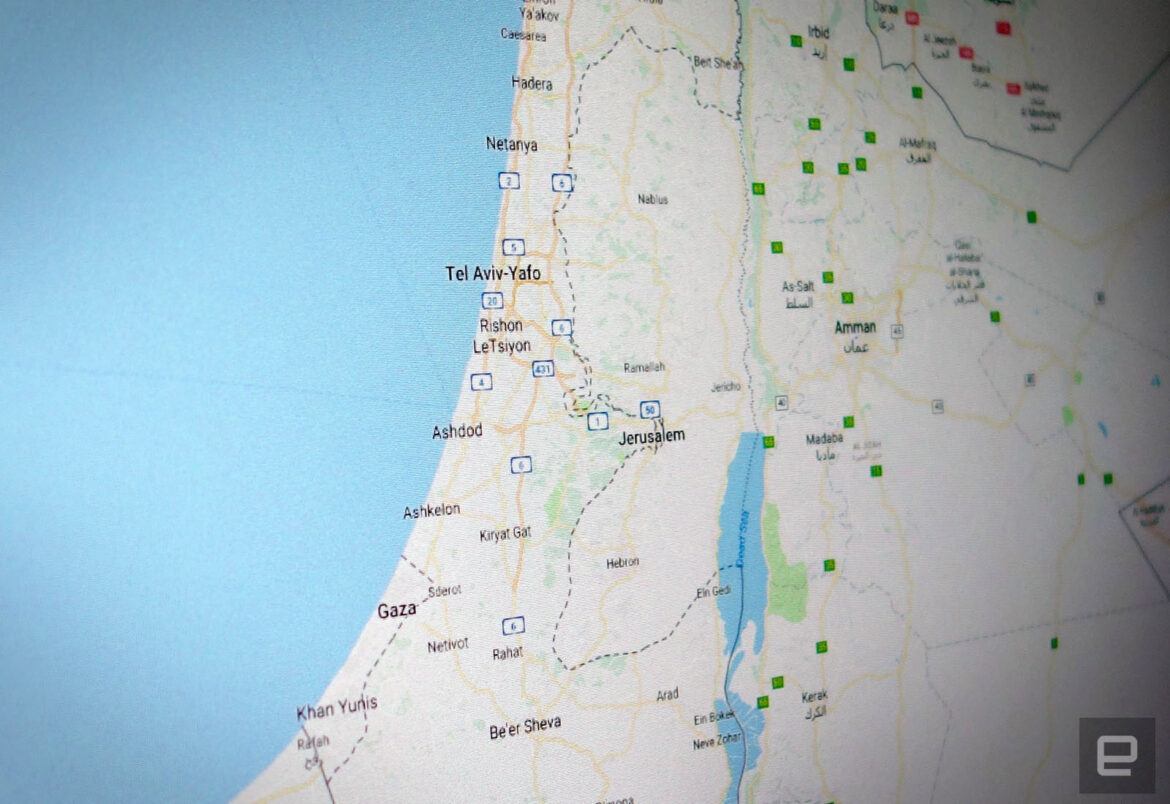Who are the Palestinian people? This question, deceptively simple at first glance, opens a Pandora’s box of complexity, history, and identity that spans millennia. In exploring the answer, one must navigate the intricate tapestry of culture, religion, and nationality that defines Palestinians, particularly through a Christian lens. The context of their history is laden with conflict—conflict that not only envelops the land they inhabit but also penetrates the diverse narratives shaped over centuries.
The roots of the Palestinian identity can be traced back to the ancient peoples who inhabited the region known historically as Canaan, and later, as Judea and Palestine. This area served as a crucible for some of the most formative events in Judeo-Christian history. Notable figures such as Abraham, Moses, and Jesus Christ walked these lands. For Christians, the biblical connection esteems the region with profound spiritual significance, even as it simultaneously forms the backdrop to contemporary strife.
In the wake of the Roman conquest in 63 BCE, the area saw significant upheaval, leading to a series of invasions and shifts in power that would ultimately shape the perception of identity among its inhabitants. The Byzantine period introduced Christianity as a dominant religious force, further intertwining the narratives of the people. However, after the Muslim conquest in the 7th century, Islamic governance redefined political and cultural landscapes while also emphasizing a shared Arab identity.
Throughout history, the term “Palestinian” has undergone transformation. Initially, it was used by the Romans as a derogatory nomenclature to refer to the Jewish population of the area. Yet, by the 20th century, following the decline of Ottoman sovereignty and the advent of British Mandate, Palestinians began to coalesce around a distinct national identity. This newfound consciousness was exacerbated by external pressures, notably the burgeoning Zionist movement which sought to establish a Jewish homeland in the region.
Fast forward to the late 20th century, the establishment of the state of Israel in 1948 marked a cataclysmic turning point. The ensuing Palestinian exodus, often termed the Nakba (catastrophe), solidified Palestinian identity as inherently tied to loss and homeland. The displacement and suffering endured became indelibly etched in the collective memory of the Palestinian people, shaping their response to geopolitical developments.
This setting raises a playful yet potent question: could the fate of the Palestinian identity have been altered had historical narratives diverged at key junctures? What if regional power dynamics had favored a unified coexistence of peoples rather than conflict? Certainly, such hypotheticals invite contemplation but ultimately lead us back to the reality woven through faith, culture, and struggle.
Christians globally are faced with the duality of recognizing the biblical resonance of the land while grappling with the present-day realities of conflict. The struggle of the Palestinian people evokes moral dilemmas within Christian doctrine. How does one reconcile the teachings of compassion, love, and justice with the harsh realities faced by the Palestinians? This dissonance fosters a growing discourse among faith leaders and theologians focused on peacebuilding and reconciliation.
To navigate this complexity further, it is essential to delve into the diverse manifestations of Palestinian identity. It encompasses a rich tapestry of languages, traditions, and religious affiliations. While Muslims constitute the majority—both Sunni and Shia sects—Christian Palestinians equally contribute to the cultural mosaic. They inhabit historic cities like Bethlehem and Jerusalem, places of profound significance to the Christian narrative. Their presence is not merely incidental; it is a living testament to the historical intertwining of faith and ancestry.
However, the Palestinian Christians face a unique set of challenges. The intersection of national identity and religious belief invites scrutiny and often places them in precarious positions within both the broader Muslim community and Western Christendom. The Arab Spring, and subsequent geopolitical tumult, further compounded their struggles, compelling many to migrate in search of better prospects while simultaneously risking the erosion of their historical presence in the Holy Land.
Consequently, the question of identity continues to be vexed by the overarching conflict. The Palestinian narrative often stands in stark contrast to the narratives perpetuated by various Israeli factions. Each story seeks validation on this contentious soil, continually unfolding amidst cycles of violence and negotiation. In this context, Christians around the world must engage critically and empathetically, seeking a nuanced understanding of the human experiences at stake.
The Fundamentals of Conflict and Faith: The conflict is not simply political; it is deeply spiritual. The Holy Land is intimately linked with Christianity, making any discussion around the Palestinian plight more profound. The theological implications extend beyond the physical realm; they penetrate the very foundations of faith. What does it mean to advocate for peace in a land fraught with discord? How can Christians embody principles of reconciliation when faced with accusations of complicity in perpetuating injustice by either action or omission?
In conclusion, the inquiry into the Palestinian identity is not a linear narrative but rather a complex interplay of history, faith, and modern conflict. Recognizing the experiences of the Palestinian people invites not only a deeper understanding of their plight but also calls for a compassionate response rooted in empathy, justice, and advocacy for peace. As Christians reflect on these realities, it is essential to remember that the essence of faith transcends borders, encouraging believers to seek harmony even amidst tumultuous divisions.



